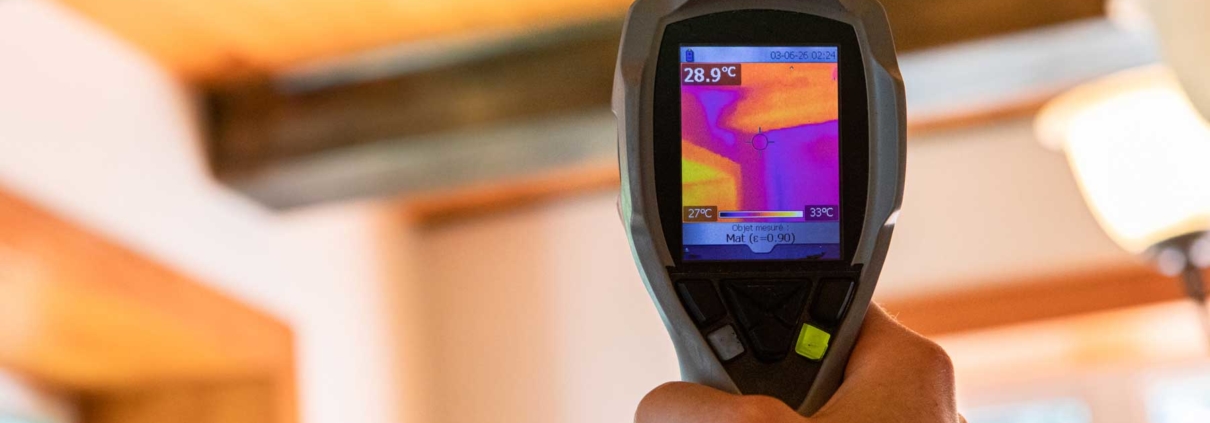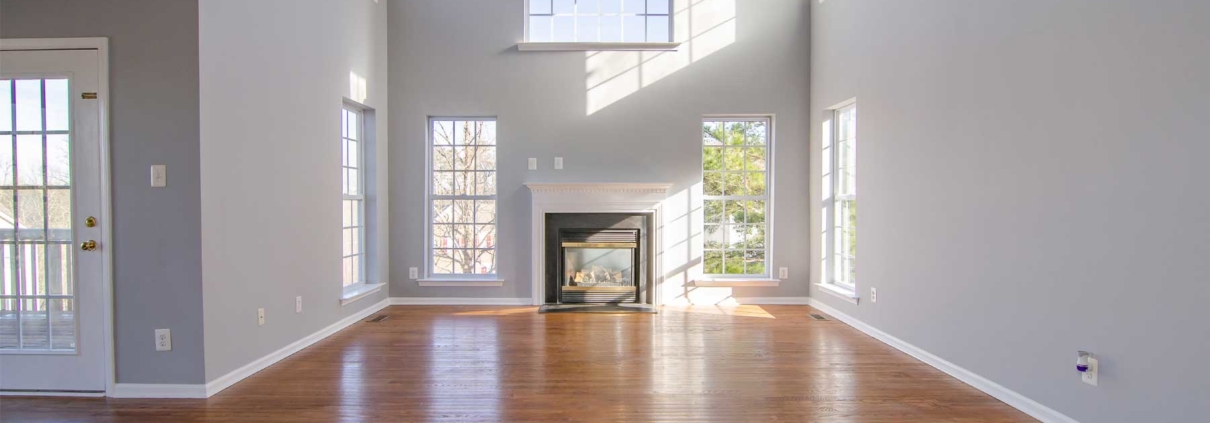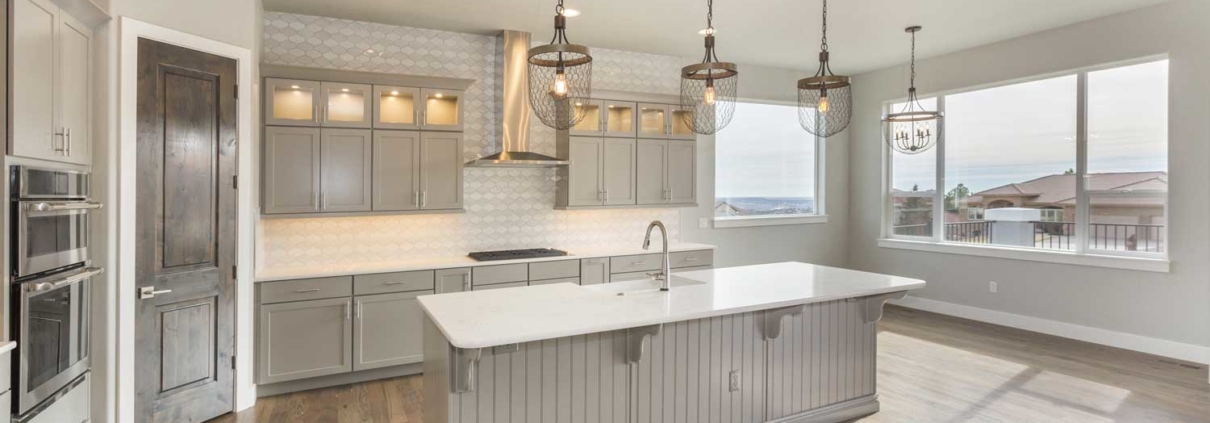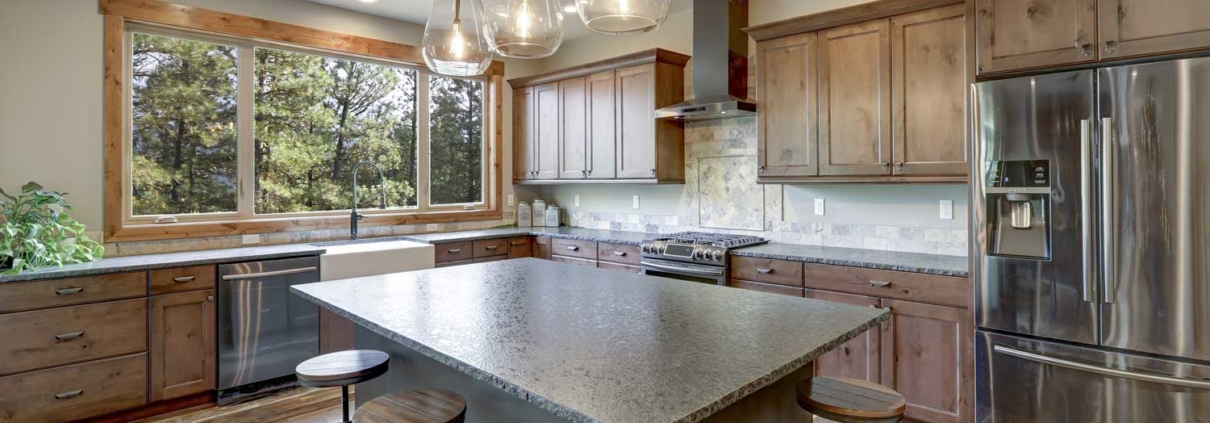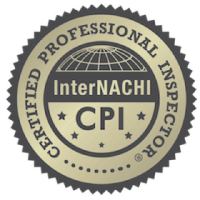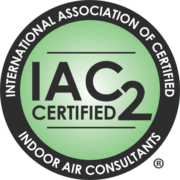While any home can have any issue under the right circumstances, there are a lot of common issues that you may see show up on your home inspection report. These issues are not always immediately serious, but definitely something to keep in mind for the future. Common issues that home inspectors see most often during their inspection include:
- Roofing Issues – Most homeowners don’t want to deal with roofing issues before selling a property, or otherwise don’t know how to spot issues. Unfortunately, roof repair can be a huge expense.
- Faulty Wiring – The older your home is, the bigger the chance that it has wiring issues purely due to updated standards. You will see wiring faults in homes that have had DIY home renovations as well. These can be dangerous and rewiring a home is an expense.
- Grading Problems – Grading, or the slight slope that drains water away from the foundation, degrades over time and most sellers simply don’t think to check it. If water pools by a foundation because of a lack of grading, it can cause expensive foundation issues.
- Foundation Damage – In addition to grading issues, foundation problems are common finds because no one wants to pay to fix them.
- Attic Issues – Some think attics are supposed to be hot and musty, but they are not. If an attic lacks proper ventilation or has other issues, it can be a real mold trap up there.
A common theme to the above is that if an area is either very expensive to fix or very hard to get to, it is more likely to have problems. Furthermore, these problems are often deal breakers for new buyers because they can be an expense to fix. However, while some issues may scare you off buying a property, do realize that some negotiation can be done to see the issue fixed or the price for the home reduced.

